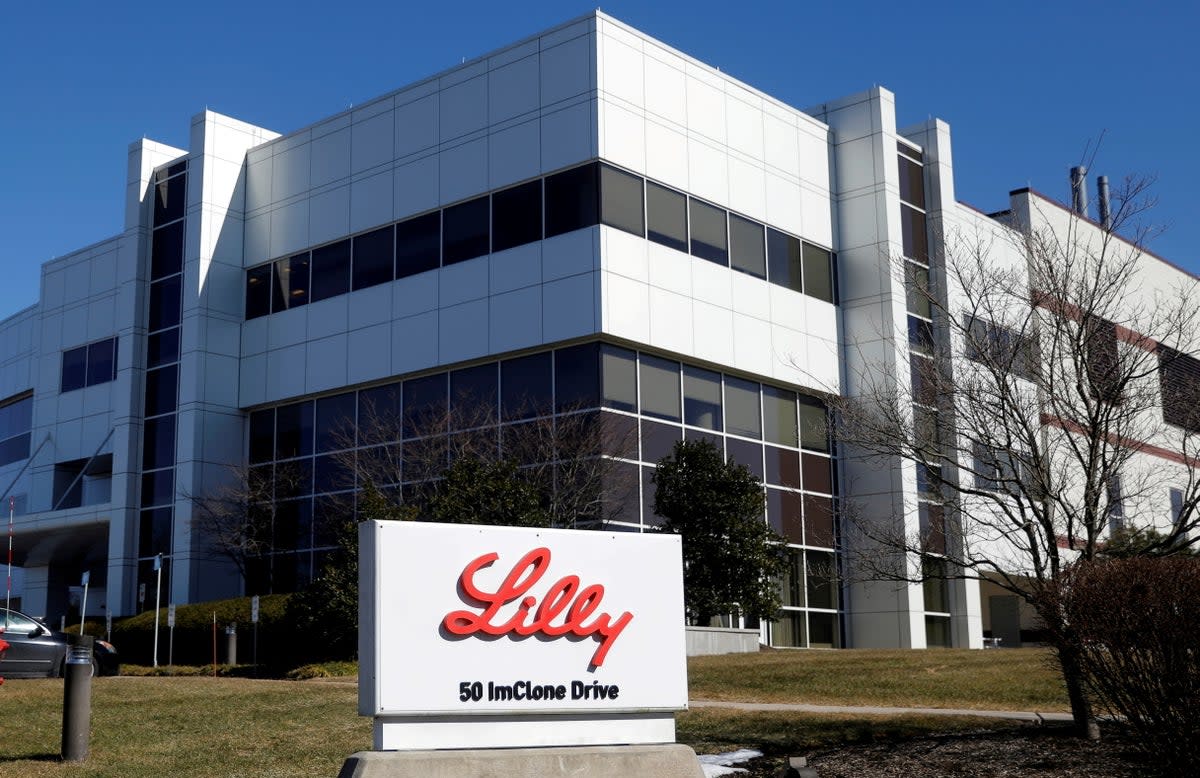Pharmaceutical companies’ stocks dive after verified imposter Twitter account claims ‘insulin is free’

Elon Musk’s new "Twitter Blue" option to pay $8 for verification is already causing havoc after a fake tweet from a "verified" account claiming to be pharmaceutical company Eli Lilly tanked its stock price.
The company’s stock dropped 2.2 per cent Friday after a verified Twitter account impersonating the company issued the tweet: "We are excited to announce insulin is free now."
Eli Lily is one of the top three global producers of insulin. Along with Novo Nordisk and Sanofi, the three companies provide all of the insulin — a life saving drug — in the US.
The fake account issued the tweet around 1:30pm, according to Investor’s Business Daily, and it stayed online for several hours. During that time the post was liked thousands of times and retweeted hundreds of times.
Eventually, Twitter removed the account’s verification, and its tweets have been set to private. The company issued an apology for those who were duped by the fake tweet.
"We apologise to those who have been served a misleading message from a fake Lilly account," the company tweeted from its official account.
The fake tweet wasn’t just damaging to Eli Lilly’s stock price; both Novo Nordisk and Sanofi also took a hit resulting from the tweet.
Novo Nordisk’s shares fell 3.2 per cent, and Sanofi’s fell by 4 per cent, according to the outlet.
Insulin prices have been a frequent subject of debate even at the Congressional level, as without it some diabetics would die. In Eli Lilly’s third quarter alone, the company reported $878m in sales.
Democrats attempted to cap insulin doses at $35 as part of the Inflation Reduction Act, but Republican lawmakers struck down the measure, even as a man in Minnesota was found dead because he could not longer afford the life saving drug.
For critics of Mr Musk, the incident highlights the problem with Twitter’s new paid verification offering. While verification has no doubt become something of a status symbol on the social media platform, its intention was to provide users with a way of knowing if what they were reading was coming from an official account.
"Did Twitter Blue just cost Eli Lilly billions? Yes," user Rafael Shimunov wrote in a tweet.
Did Twitter Blue tweet just cost Eli Lilly $LLY billions?
Yes. pic.twitter.com/w4RtJwgCVK— Rafael Shimunov is on Mastodon (@rafaelshimunov) November 11, 2022
The power of $8 pic.twitter.com/JHSy8aLJXy
— Esther C, MD MPH (@choo_ek) November 11, 2022
Another account using the name Esther C, MD MPH, pointed to the company’s tanking stock price and concluded it was "the power of $8."
This has led some, like journalists Casey Johnston and Jason Schreier, to question whether or not advertisers will stick with the site when offensive parody from a verified account is only $8 away.
You don’t have to pay for Twitter Blue to get half the ads, they are literally all gone now https://t.co/B9shb23lua
— Casey Johnston (@caseyjohnston) November 10, 2022
Since the rollout of the new system, the site has been plagued by imposter accounts with verified badges posting outlandish content. In one widely shared tweet, a verified account claiming to be Nintendo of America shared a photo of the company’s flagship character, Mario, giving the middle finger to users.
Other accounts have impersonated celebrities and politicians, including many parodying Mr Musk.
The Independent has reached out to Eli Lilly and Twitter for comment.

